Before the plague, a woman in her 20s asked how “adults” make friends in the working world. A guy in his 40s replied: “They don’t.”
Not true, but painfully close. As we age, making friends gets harder, but there’s tons of advice about it. The New York Times had a five-day friendship challenge with tips like confiding in someone new, sending a text out of the blue and offering a sincere compliment. The Washington Post’s Post Grad newsletter has help for young adults, including this story on meeting people and making friends in the real world. Hell, I devote a whole section on my homepage to it.
Why are friendships so important? They might save your life.
Feeling lonely? You’ve got company
During his first stint as U.S. surgeon general, Dr. Vivek H. Murthy made a dangerous mistake. He overlooked a crucial part of his life.
I’m not sure I’ll give you any fresh insight, but what I lack in wisdom I make up for in verbiage. Ask my friends.
What I am going to offer is key moments in five of my friendships — one with someone in their 70s, one in their 60s, one in their 40s, one in their 30s (with a cameo from someone in their 50s) and one in their 20s. I’m hoping you’ll find something that helps you start a friendship. Or salvage one.
The upset
Eons ago, a good friend and I had a falling out. What it was about isn’t nearly as important as what it wasn’t about. It wasn’t about — in the lingo of Harry Potter — “an unforgivable curse.” There was no abuse, no hatefulness, no betrayal. Just a wound that took time to heal.
It’s not always healthy to forgive someone, as this article points out. And sometimes your falling out is not because of one big wound, but a thousand cuts. If the wounds are from a repeat offender, maybe the only way to move forward is to move away.
Maybe the wound is the symptom of a bigger problem. Did you get hurt because the other person is a narcissist or simply doesn’t care? If you inflicted the wound, is it part of a pattern that has sabotaged other friendships? Is it likely to happen again?
Let’s get morbid for a minute. Suppose the other person dies in a car crash tomorrow. Would your sadness be even worse because you and your loved one never tried to work things out? If the wound is too fresh, promise that you’ll get back in touch in six months. Then do it.
Maybe your falling out is like the saddest scene from your favorite rom-com, or the ending of “The Empire Strikes Back.” There’s still room for joy.
In our case, after several months, we were convinced that it was an isolated incident in a friendship worth saving. Did the person apologize? Yes. Was it sincere? Yes. Could the other person accept it and move on? Yes. And, to revisit Harry Potter, “All was well.”
The trio
I’ve written before about how sometimes it’s less awkward to invite two people on a platonic date rather than just one. Years ago, a former colleague did just that, wishing me a happy birthday on Facebook and suggesting we get together with another former colleague for lunch.
Certainly some people — in person or online — will dish up some “let’s do lunch” phoniness, but I knew they weren’t like that. The three of us had a few lunches, then eventually it became just us two. Years later, we still get together every month or two, and are closer than ever.
All because of one simple Facebook post that could have been ignored without much ego bruising. Maybe you could do the same sort of thing with a Slack post inviting a group of colleagues out for coffee. Very low risk, life-changing potential.
The connection
A handful of former colleagues had drifted apart, partly because of geography, partly because of inertia. Then the pandemic came. So did Zoom.
We decided to Zoom together every couple of months. One of us five was a former intern I’d lost touch with who moved across the country. Another was still in the Bay Area, but our friendship got bit by the inertia bug.
Now they’re in the same place several times a year: my computer screen. And, more frequently: my heart.
Sometimes I’ll exchange emails between the Zooms, especially with our long-ago intern. But even when one of us is away or briefly loses touch, we all have the comfort of knowing there are people out there — people who care. Never take that for granted.
People want to connect. Sometimes you just need to give them the chance. You can stay connected without social media or Zoom or even email, but it’s harder. That’s the last thing you want it to be.
By the time you notice a missed opportunity, you’re way too late.
The ride
A friendly acquaintance and I needed to get to the same place, so we carpooled. Now we’re friends.
The car is optional. A neighbor could be out for a walk and you offer to join them. Maybe you’re walking a block or two to grab coffee for colleagues. “Anyone want to join me?” Or, changing roles, “Need an extra set of hands?”
On a first date, platonic or otherwise, long silences can be awkward. On your walk or ride, though, you don’t need to force anything. If the chemistry is there, you can have nice conversations, maybe once a week, maybe every day.
We carpool once a week. And look forward to it.
The horseshoe
Sometimes even old guys learn stuff. Just after our Business section colleagues at the Chronicle started doing our monthly lunches, the paper had a happy hour. I noticed that two people with Hearst fellowships from another section gravitated toward our Business fellow, so I invited them to our next brown bag lunch. They fit right in.
They came to a few gatherings before their fellowships ended. We had occasional hallway conversations and I liked them, but both were headed two thousand miles away. One was going to have a column — mine had just started — and I offered to send a few tips. Offer accepted. We promised to stay in touch.
In a shocking development, we did.
Friendship horseshoes bring good luck
A podcast on “Ted Lasso” quoted these two great tweets about friendships from author Glennon Doyle. Although they’re intended for women, people of all sexes can benefit (and you don’t need to know anything about Ted Lasso).
The Slack and email messages eventually grew more frequent — sometimes an old guy blathering, sometimes two writers exchanging ideas and grousing about work, always two friends sharing a little joy.
And then COVID hit. We gradually realized that 2,000 miles ain’t much distance, and Zoom sure do made a difference. We got together once a month, remotely though it was.
In a shocking development, they moved back to the Bay Area. And, to re-revisit Harry Potter, “All was well.”
The tl;dr version
In case we needed it, COVID reminded us of the urgency of salvaging relationships and the danger of ignoring others. Lots of people are better at making friends than I am. Lots of people are better friends than I am. But we can all do better.
As you get older, you realize how many friendships fade away — organically, dramatically, inertially, tragically. Sometimes you can’t do anything about it; sometimes you choose not to.
But appreciate life’s preciousness amid the precariousness. Like me, the two friends over 60 are comfortably retired. Ailments come with the territory, but we haven’t moved into the land of Ailing. There’s way too much joy for that.
Life is more fluid for the three younger ones, of course. They haven’t found their forever homes, but one just got married, one will next year and the third is the proud parent of a 2-year-old.
All is well.
Murphy Slaw
Something old: In ancient times, also known as last week, I wrote that even though there were many compelling stories from the Paralympics, I hadn’t seen anything that made me fall in love, like a Paralympics counterpart of Simone Biles or Steph Curry.
“We haven’t even had a meet cute,” I wrote. “But we will. Maybe in four years. Maybe tomorrow.”
Actually, our meet cute was that day. The photos tell you the basics of the story, but you can find the details here. If you aren’t stopped by a paywall, there’s an even better story here.
Something new: Just a little mental challenge for you. Keep in mind that the question is for a bright second grader, so don’t overthink it. I’ll give you the answer right afterward.
Maybe somebody with eight mathematics degrees would find a way, but the correct answer for the second grader and me is the same: You can’t. The lesson is that sometimes you need to realize that a task is impossible or a question is stupid. Budget your time and energy accordingly.
Something borrowed: Um, yeah.
Something blue: Sometimes the words you say are not exactly the ones you were thinking — even in a presidential debate.



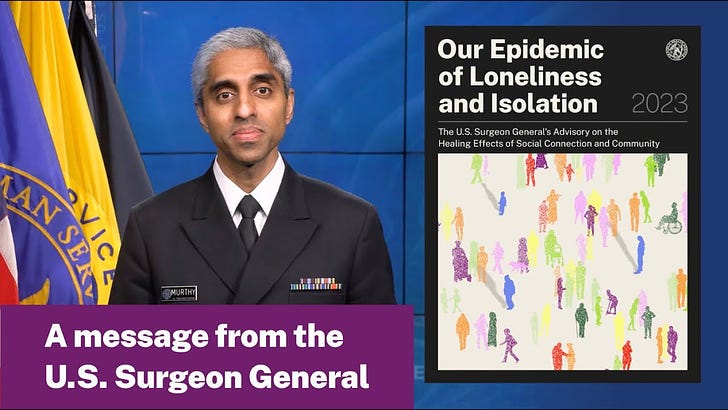
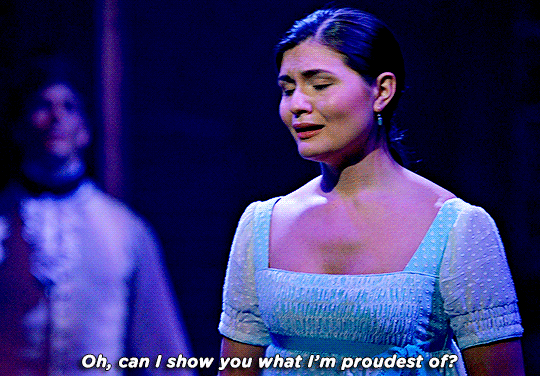
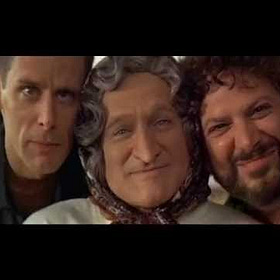
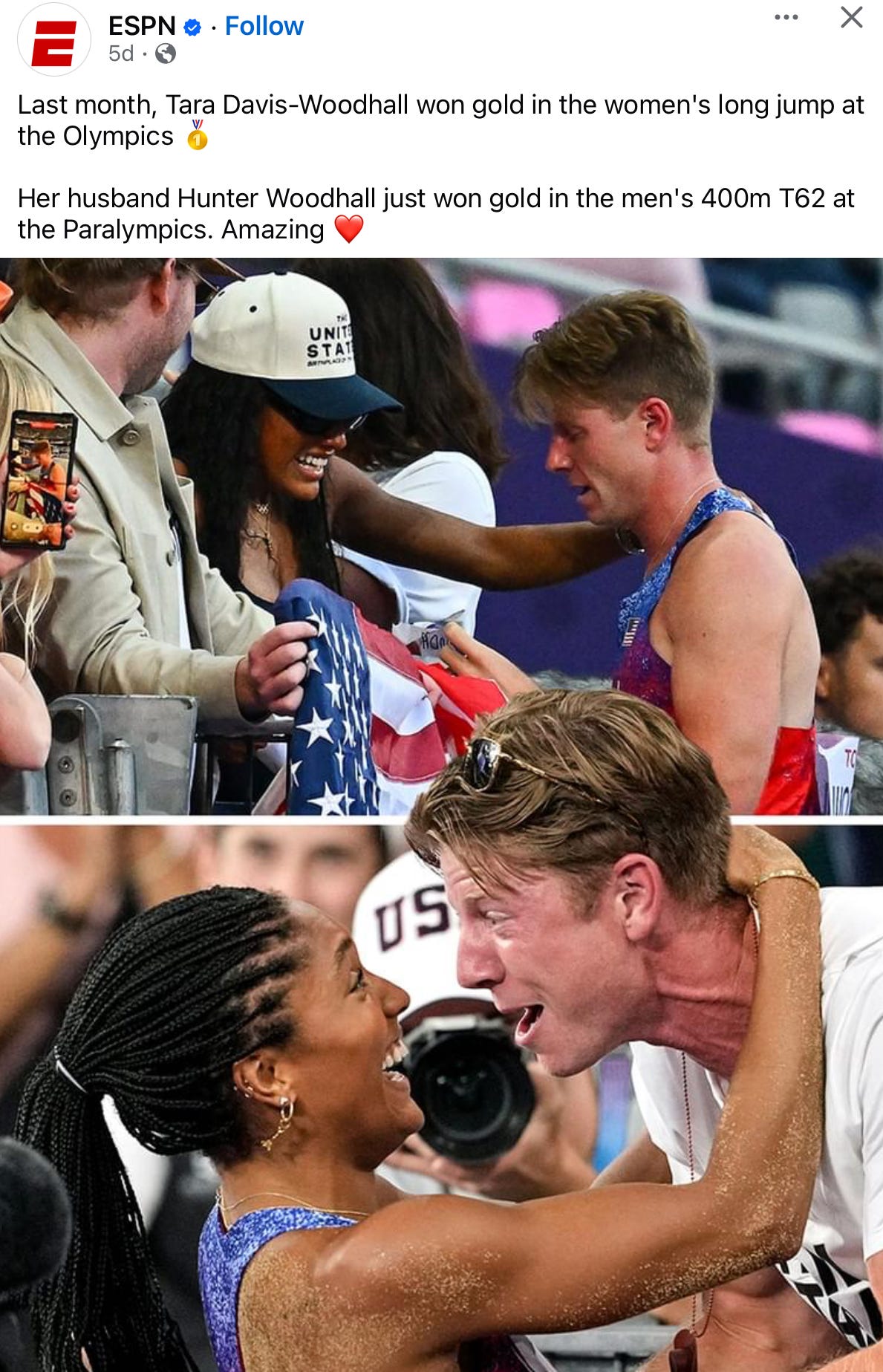

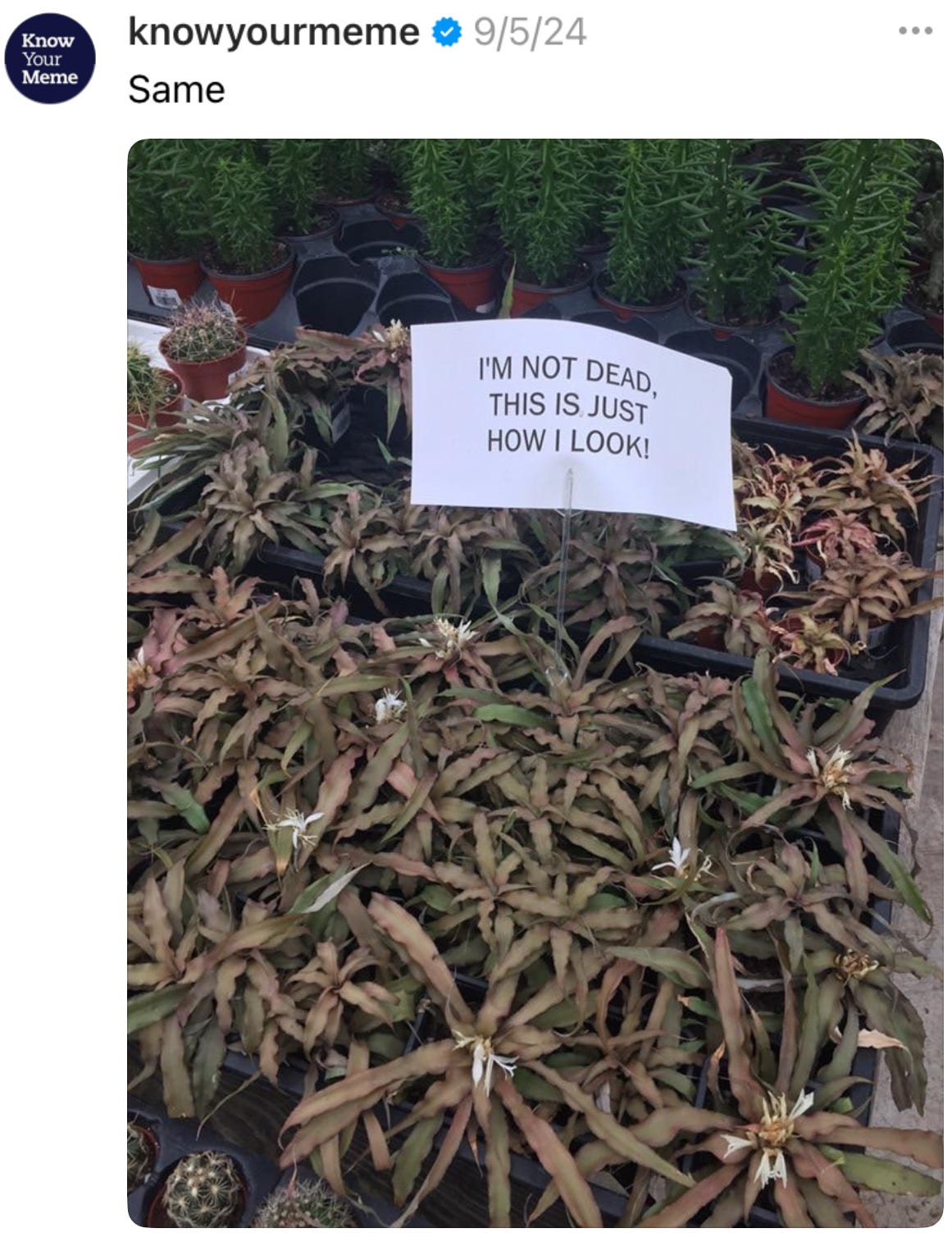
I loved that moment in the debate, among so many others!
Love the focus on friendship across generations! Becomes more important the older we get!